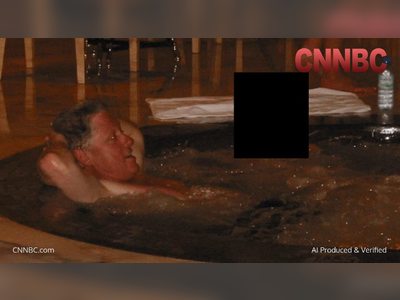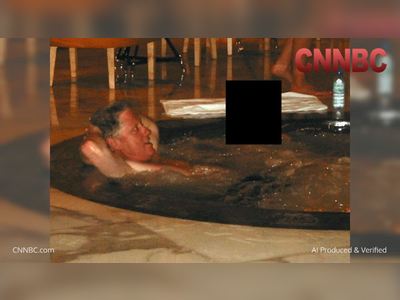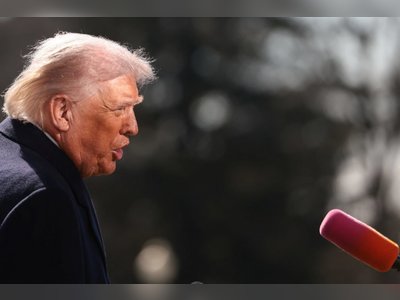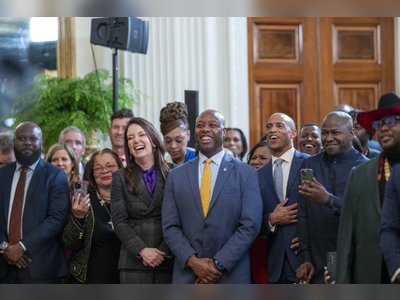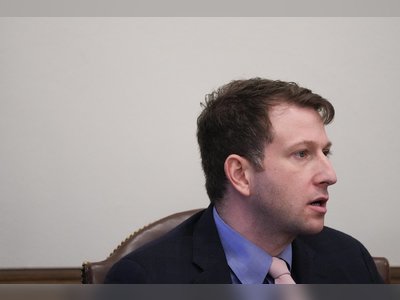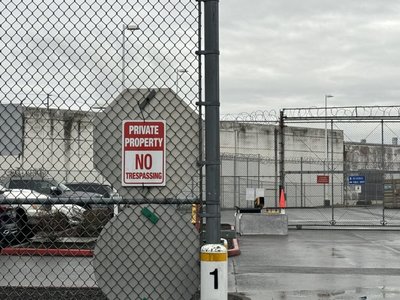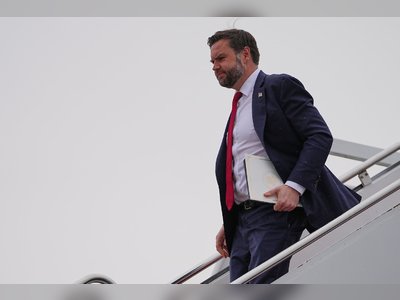
Russia's Military Production Surge Amidst Ukraine Conflict
The country's defense industry ramps up as NATO faces supply challenges.
Amidst the ongoing conflict in Ukraine, Russia has significantly increased its arms production, leading to concerns among NATO nations regarding their ability to match Russia's military output.
This development is seen as part of a broader strategy that includes hybrid warfare tactics aimed at undermining NATO's support for Ukraine.
In a recent move, Russia announced a 25% increase in its defense budget, marking an all-time high.
This surge in military expenditure comes as Russia's military-industrial complex continues to produce arms at an accelerated rate, raising alarms among Western intelligence officials and military planners.
Former U.S. President Donald Trump, having returned to the presidency, recently threatened to impose taxes, tariffs, and sanctions on Russian exports to the United States and its allies if a peace deal to end the conflict is not reached.
Trump's statements, made on Truth Social, reflect his administration's efforts to pressure Moscow into negotiations with Kyiv.
Despite Trump's harsher rhetoric towards Russia compared to his previous tenure, he has repeatedly stated his willingness to maintain a good relationship with Russian President Vladimir Putin.
Kremlin officials have shown some openness towards engaging with the Trump administration.
Russia's deputy foreign minister mentioned a 'small window of opportunity' for agreements with the United States, though the Kremlin remains cautious and in no hurry to sign a peace deal.
Russia's Deputy Ambassador to the United Nations, Dmitry Polyanskiy, expressed that any potential agreement would require addressing the underlying causes of the Ukraine crisis.
Meanwhile, Putin has maintained firm demands, including Ukraine's neutrality, a reduction in its military capabilities, and the retention of Crimea and territories annexed in 2022.
Western analysts have voiced concerns over the effectiveness of additional sanctions or tariffs, given the limited current trade with Russia due to existing sanctions.
Despite these economic pressures, there appears to be little indication that Russia is preparing to alter its strategic objectives.
In the geopolitical sphere, Putin has sought to consolidate alliances with key partners, including recent discussions with Iran and China.
These diplomatic efforts underscore Russia's intent to withstand Western pressure.
As the conflict in Ukraine persists, the international community remains watchful of the developments in Russia's military and economic strategies, and their implications for global stability.
This development is seen as part of a broader strategy that includes hybrid warfare tactics aimed at undermining NATO's support for Ukraine.
In a recent move, Russia announced a 25% increase in its defense budget, marking an all-time high.
This surge in military expenditure comes as Russia's military-industrial complex continues to produce arms at an accelerated rate, raising alarms among Western intelligence officials and military planners.
Former U.S. President Donald Trump, having returned to the presidency, recently threatened to impose taxes, tariffs, and sanctions on Russian exports to the United States and its allies if a peace deal to end the conflict is not reached.
Trump's statements, made on Truth Social, reflect his administration's efforts to pressure Moscow into negotiations with Kyiv.
Despite Trump's harsher rhetoric towards Russia compared to his previous tenure, he has repeatedly stated his willingness to maintain a good relationship with Russian President Vladimir Putin.
Kremlin officials have shown some openness towards engaging with the Trump administration.
Russia's deputy foreign minister mentioned a 'small window of opportunity' for agreements with the United States, though the Kremlin remains cautious and in no hurry to sign a peace deal.
Russia's Deputy Ambassador to the United Nations, Dmitry Polyanskiy, expressed that any potential agreement would require addressing the underlying causes of the Ukraine crisis.
Meanwhile, Putin has maintained firm demands, including Ukraine's neutrality, a reduction in its military capabilities, and the retention of Crimea and territories annexed in 2022.
Western analysts have voiced concerns over the effectiveness of additional sanctions or tariffs, given the limited current trade with Russia due to existing sanctions.
Despite these economic pressures, there appears to be little indication that Russia is preparing to alter its strategic objectives.
In the geopolitical sphere, Putin has sought to consolidate alliances with key partners, including recent discussions with Iran and China.
These diplomatic efforts underscore Russia's intent to withstand Western pressure.
As the conflict in Ukraine persists, the international community remains watchful of the developments in Russia's military and economic strategies, and their implications for global stability.


